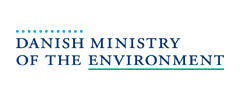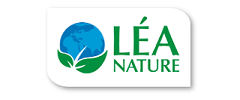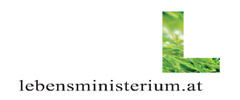Each project represents "good practice" in improving the environment for children's health(2), according to the leading international non-governmental organisations responsible for managing the competition. They are Health and Environment Alliance (HEAL), Women in Europe for a Common Future (WECF), EcoForum, and International Society of Doctors for the Environment Austria.

































